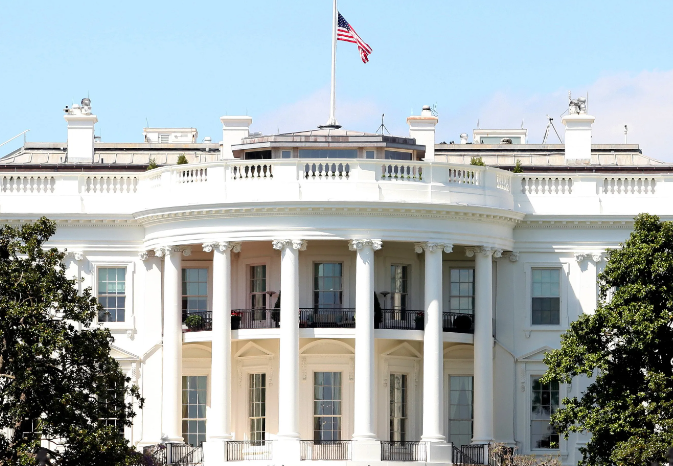As family sizes shrink and many parents choose to have one spouse stay at home with small children rather than pay for childcare, the American workforce has shrunk in recent years. The consequences could stifle economic growth and reduce the number of people paying taxes, resulting in a smaller America. To address this issue, the White House, in collaboration with the Council of Economic Advisers (CEA), issued the President’s Economic Report, which detailed how increased immigration could benefit the US economy.
In their annual report this month, Biden’s top economic advisors wrote that increasing immigration or immigrants’ ability to work in the US would bridge the current labor market gap. Cecilia Rouse, Chair of the CEA, told Reuters that “necessity is the mother of invention.” She clearly sees a need for more working people in the United States, and it appears that her peers are now getting creative in order to make that happen.
Boosting immigration and public spending on childcare could help cover a large shortfall in the U.S. labor supply that threatens to curtail economic growth in coming years, a new report by President Joe Biden's top economic advisers concludes. https://t.co/erGyPdlZop
— NEWSMAX (@NEWSMAX) March 21, 2023
Rouse also emphasized that in order to experience the same economic prosperity as in the past, “all hands must be on deck.” The report also stated that making the earned income tax credit more accessible could encourage more people to return to work. It also stated that removing “barriers to employment” for people who have been incarcerated could increase the employability of people with criminal records.
While progressives continue to advocate for increased immigration and free childcare, among other reforms, most Republican lawmakers are vehemently opposed to such proposals. Republicans argue that the proposed changes will harm hardworking Americans by increasing their tax burden and making it more difficult for them to compete for US jobs against noncitizens. Because this contentious issue is divided along partisan lines, US policy will most likely reflect the party that controls both the White House and Congress.
